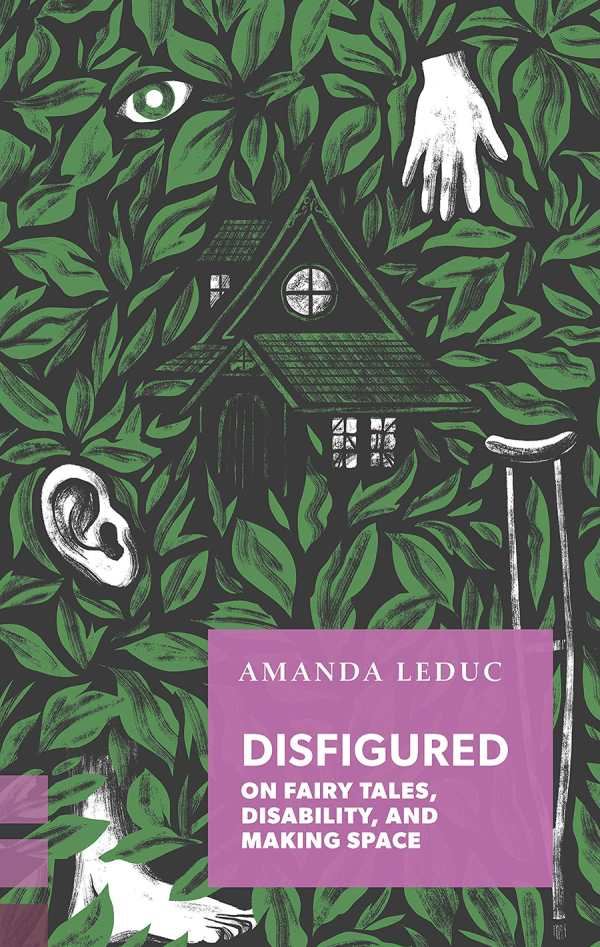Disfigured
On Fairy Tales, Disability, and Making Space
Disfigured is a fascinating exploration of how disabilities are treated within fairy tales and of how those treatments help to shape social attitudes and perceptions.
Part literary examination, part cultural critique, and part memoir, Disfigured is exceptional. Classic fairy tales, including “The Little Mermaid,” “Snow White,” and “Beauty and the Beast,” are traced to their origins, and the book tracks changes to the stories into the present day. Those changes included a gradual softening of their elements; in the originals, for example, the little mermaid dies, and Cinderella’s stepsisters’ eyes are pecked out by birds. Still, despite many alterations, even recent Disney adaptations are shown to indulge in lazy shorthands; within them, external perfection still reflects virtue and nobility, and physical differences indicate incompleteness or second-class status.
The text is convincing in naming the primary problem with such tales: that they reinforce the idea that people with disabilities need to change or to be made “whole” in order to live fulfilling lives. It proposes a different, more appropriate message instead: that society should adapt to those with disabilities, not the other way around. Illustrative examples of how the expectations of able-biased societies negatively impact people with disabilities are included.
Thorough research is capped by a multipage list of works consulted, demonstrating the depth of the problem by dissecting many lesser-known fairy tales, including “The Maiden Without Hands,” “The Cripple,” “Hans My Hedgehog,” and “Simple Hans,” among others. Analysis is also given to modern fairy tale variants, including Game of Thrones and Marvel’s superhero films. This is work that’s also personally informed by Leduc’s experiences living with cerebral palsy, making it all the more emotionally impactful.
Disfigured is an enlightening work of literary criticism that dissects the stories that we tell ourselves.
Reviewed by
Peter Dabbene
Disclosure: This article is not an endorsement, but a review. The publisher of this book provided free copies of the book to have their book reviewed by a professional reviewer. No fee was paid by the publisher for this review. Foreword Reviews only recommends books that we love. Foreword Magazine, Inc. is disclosing this in accordance with the Federal Trade Commission’s 16 CFR, Part 255.

